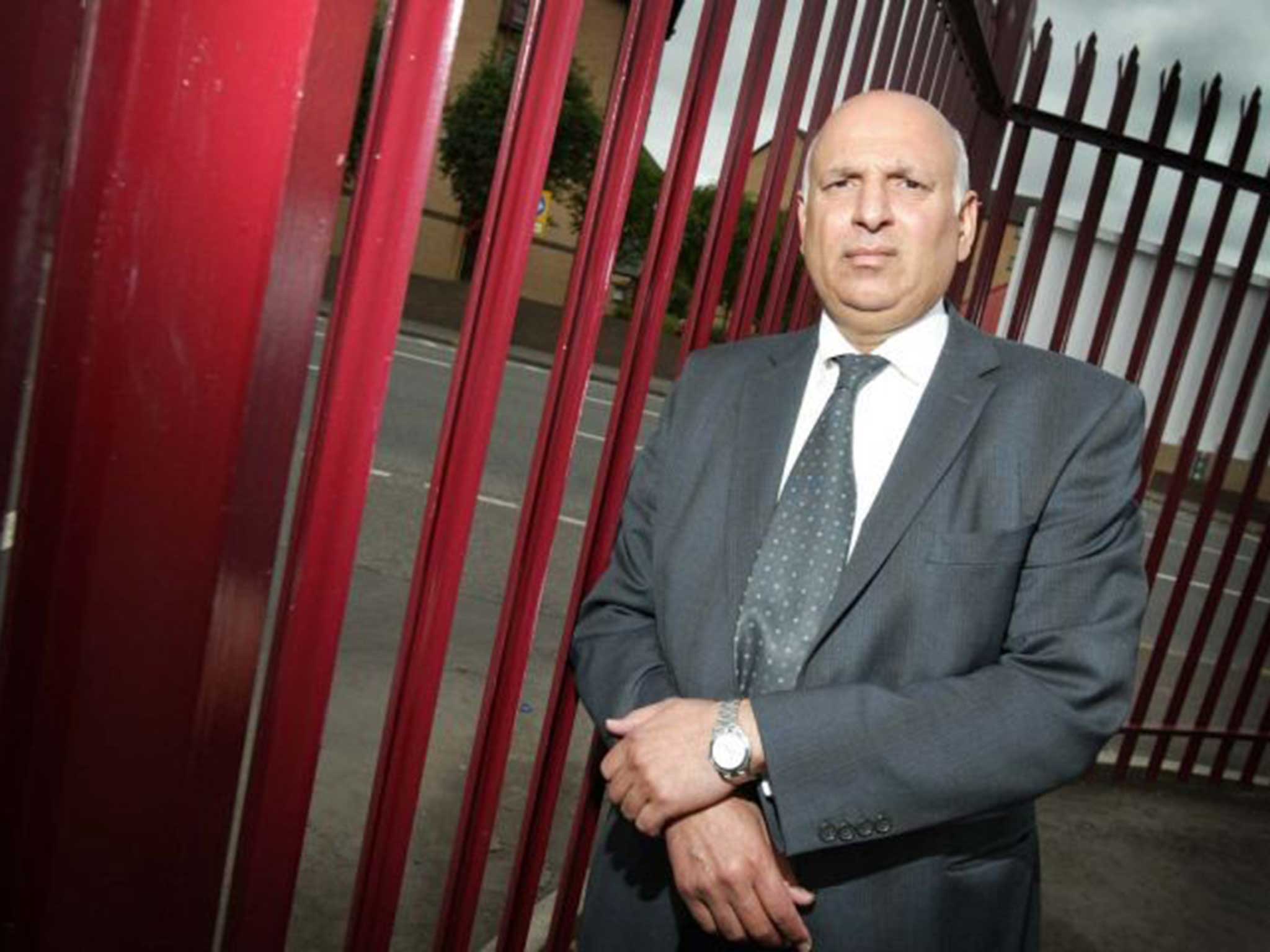Scotland independence vote: Pakistani politician woos Asian ‘No’ vote

The battle for Scotland’s Asian voters has intensified in the final week of campaigning as the “No” campaign has enlisted the support of the Governor of Pakistan’s Punjab province, in a move the “Yes” campaign has denounced as “foreign interference”.
Mohammad Sarwar, a former Glasgow MP who surrendered his British nationality last year to become the Governor of Pakistan’s Punjab province, has returned to Scotland to persuade his former constituents to vote against an independent Scotland.
“The vote is too close to call,” Mr Sarwar told The Independent on Sunday from Glasgow. “So the ethnic minority vote has become crucial.” Ethnic minorities represent more than 4 per cent of Scotland’s total population, with about 140,000 people who class themselves as Asian Scots.
This sizeable minority will be courted more than ever this week as the tight electoral race concludes. While younger ethnic minority voters seem to be siding with the Yes campaign, many of the older generation feel strong ties to Britain because of the historic links between the UK and the Indian subcontinent.
Naranjan Singh Benning, 63, a retired businessman and committed No voter said: “I’ve lived in Scotland for 18 years. I was born in India and I was in London for 35 years before coming to Glasgow. I definitely feel British rather Scottish. We are all one country; it doesn’t matter where you live.”
Research by the Centre on Dynamics of Ethnicity recently found that minority groups in Scotland are more likely to claim a Scottish identity compared to those in England choosing to an English identity, however. Overall 94 per cent of those from ethnic communities born in Scotland identify as being Scottish rather than British – a majority likely to boost the Yes vote.
Voters of Pakistani origin form the largest ethnic minority group in Scotland. Over the course of the final few days of campaigning, Mr Sarwar will be addressing several public meetings organised by the No campaign.
“The union has served us well,” the former Labour MP for Glasgow Govan and Glasgow Central said. “Scotland benefited, England benefited. I think it’s not just that the people of Scotland will suffer [from a break-up], but the people of England, too.”
Mr Sarwar’s high-profile intervention has, however, been met with disapproval from Yes campaigners, who say that a foreign politician’s campaigning goes against the spirit of the Edinburgh Agreement.
Humza Yousaf, Scotland’s Minister for External Affairs and International Development, said: “If he is here to campaign for the No camp, we would look at that unfavourably. This isn’t an issue for foreign governments to interfere in.”
Join our commenting forum
Join thought-provoking conversations, follow other Independent readers and see their replies
Comments
Bookmark popover
Removed from bookmarks